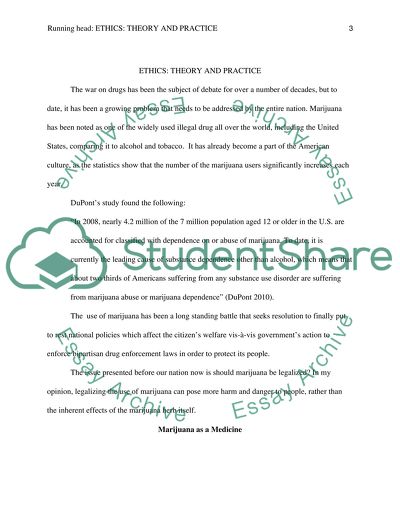Cite this document
(“Ethics: Theory and Practice Research Paper Example | Topics and Well Written Essays - 2000 words”, n.d.)
Retrieved from https://studentshare.org/family-consumer-science/1411228-ethics-theory-and-practice
Retrieved from https://studentshare.org/family-consumer-science/1411228-ethics-theory-and-practice
(Ethics: Theory and Practice Research Paper Example | Topics and Well Written Essays - 2000 Words)
https://studentshare.org/family-consumer-science/1411228-ethics-theory-and-practice.
https://studentshare.org/family-consumer-science/1411228-ethics-theory-and-practice.
“Ethics: Theory and Practice Research Paper Example | Topics and Well Written Essays - 2000 Words”, n.d. https://studentshare.org/family-consumer-science/1411228-ethics-theory-and-practice.


